A brief history of online gaming on the PC
From UDP connections to Steam, we've come a long way.
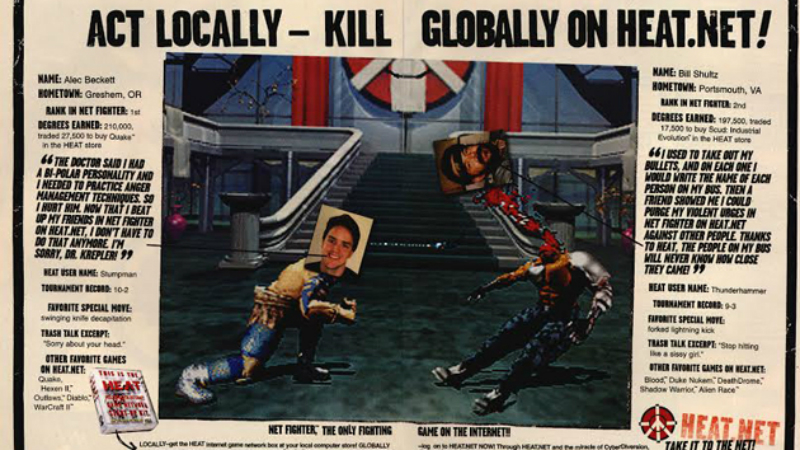
Competitive gaming is a global phenomenon that anyone can join. All you need is free time, a gaming computer, and a reliable internet connection. If you've got the drive and the dedication, you can join the best of the best. Plus, if you want it badly enough, you can make a living playing your favorite video games. However, competitive gaming and multiplayer gaming in general weren’t always the plug-and-play experiences they are now. Services like Heat.net, MPlayer, WON (World Opponent Network) and GameSpy paved the way, leading to the powerful, yet simple matchmaking and communications we enjoy on modern gaming platforms.
Before Steam, GOG, and dedicated matchmaking APIs, things were a lot more frustrating. At the OS level, you had to make sure the right protocols were installed and configured correctly. Once you found the magical settings that allowed you to connect to anyone with a game, you’d then have to contend with dial-up internet. Hope you remembered to call your friend and got their IP address before you connected to the Internet—otherwise, you’d have to disconnect, call them, then redial. After finally getting into a game, it was time to connect to your friend’s game, typically by direct connection to their computer via UDP. Then, if you both managed to set your computers up correctly, you could play a game. To add to the frustration of this process were the plethora of driver issues, incompatible hardware, and the fact that every game had its particular way of handling multiplayer connections.
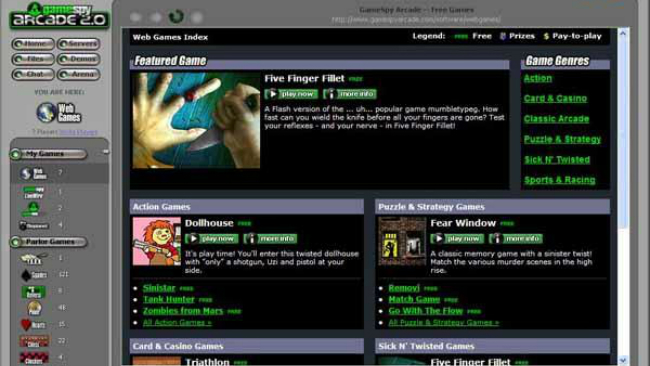
GameSpy, Mplayer, and Heat.net
By the late nineties, several services were emerging that would take some of the frustration out of playing online and allow for the competitive scene to develop. Mplayer and GameSpy were two of the first companies to offer a middleman solution for online PC multiplayer. Both launched in 1996 and initially centered around offering a way for players to find Quake servers. However, they quickly expanded to providing online services for many popular PC games of the era.
SegaSoft launched Heat.net in 1998 as a competitor to GameSpy and Mplayer, but focused more on community features, including one of the first competitive gaming leagues. HeatCIGL (College Internet Game League) involved students from over 1,000 colleges competing in Unreal Tournament and Quake II for a $5,000 grand prize. HeatCIGL was a forefather of today’s competitive gaming teams, and even though Heat.net and HeatCIGL shut down on October 31, 2000, they were pioneers of the competitive gaming world, and we can still see their influence today.
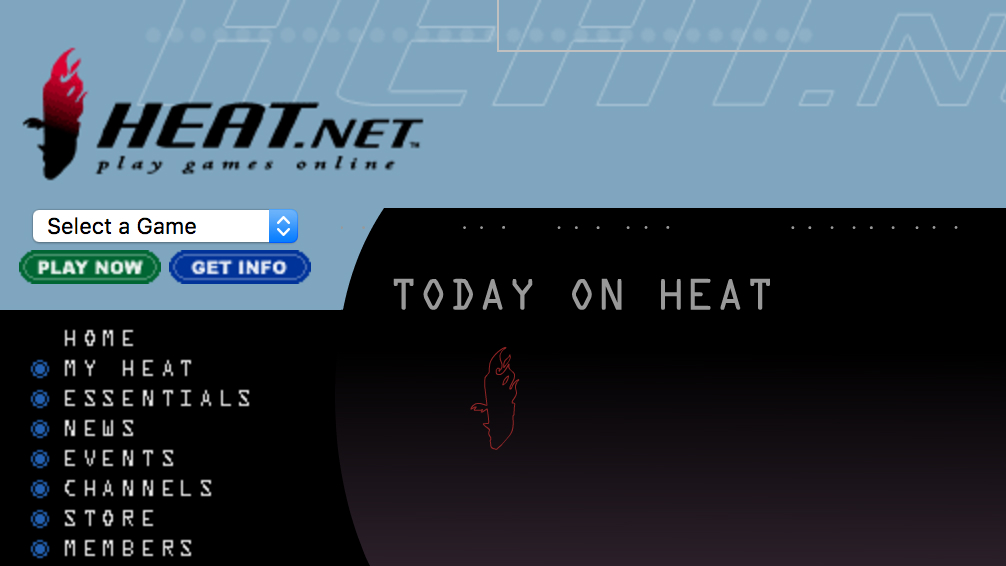
The problem with early multiplayer platforms
Even though they eased some of the technical issues with multiplayer on PC and made it easier to find servers, there was a major problem with the first multiplayer gaming services. Unlike today’s platforms where most or all of the online players for a particular PC game connect via Steam or an in-game browser, MPlayer, Heat.net, GameSpy, and later platforms often serviced the same titles. Having players scattered over different services tended to splinter game communities into smaller cliques then we see today. These early services also didn’t provide the automatic patches that are ubiquitous between the various multiplayer gaming platforms today. This lack of patch support led to servers for games sticking with an older patch while other servers updated to a new one, plus the pain of having to download and install the patch yourself.
There was also the issue of monetization. Steam gets a cut of each game sold via its digital distribution platform. This profit offsets the cost of providing multiplayer solutions for the games that use the Steamworks API. However, MPlayer, Heat.net, and GameSpy all played the middleman when it came to multiplayer. Mplayer and Heat.net’s solution to funding was to offer premium memberships. However, these memberships weren’t enough to keep the two companies afloat. MPlayer ended up expanding its VoIP services into HearMe and selling their gaming assets to GameSpy in 2000. Heat.net ended up getting burned by its customer loyalty program. On Heat.net you could accumulate cash for playing games, and players started abusing this system to the point that Heat.net was paying out more in Heat degrees than they were earning in subscription fees. Although SegaSoft attempted to keep Heat.net afloat, their candle was snuffed out in 2000 as well.
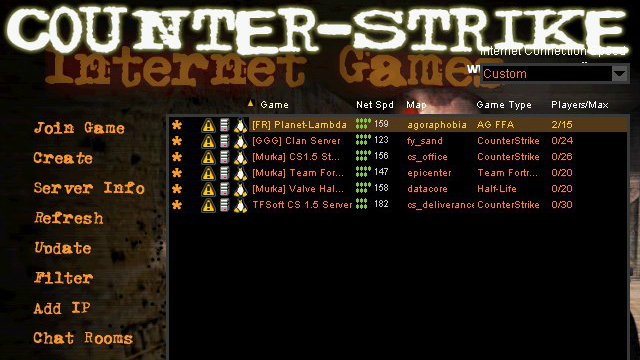
The road to Steam
The World Opponent Network sprung up in 1998. WON was created by Sierra and was originally known as the Sierra Internet Gaming System and provided the multiplayer backbone for Homeworld, Soldier of Fortune, Star Trek: Armada, and a host of other games. However, the most significant titles that WON provided multiplayer services for were Valve's Half-Life and Counter-Strike.
Keep up to date with the most important stories and the best deals, as picked by the PC Gamer team.
WON worked much the same as the previously discussed services and included game lobbies and server lists for players to connect and play. WON was merged into Prize Central Net in 2000 when Havas bought Sierra. After the merger, WON was accessible at Flipside.com, though the service itself was still called WON. Just a year later in 2001, Valve would acquire WON from Havas, and it continued to host Valve's multiplayer services as they began building Steam.
Once Valve released Steam to the public in September 2003, WON became redundant. On July 31, 2004, Valve completed the transfer of its games to Steam, and the service continued to maintain non-Valve games. All support for WON ended on November 1, 2008, when the servers were taken down.
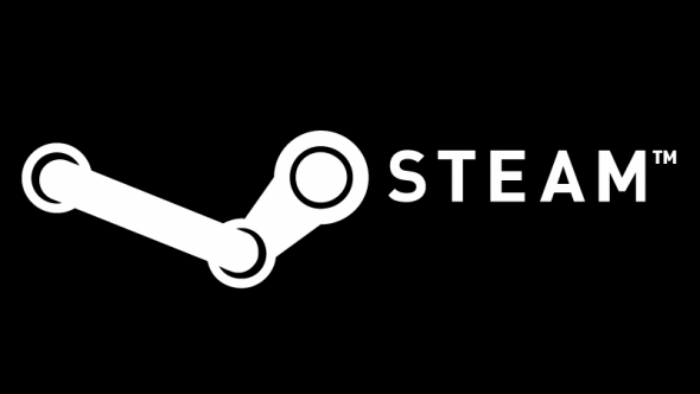
The future is now
While the various multiplayer platforms that served as Steam’s predecessors were the nexus of some unique and beautiful communities, the headaches that came with using them make me glad for today’s multiplayer gaming services. PC gaming is continuing to grow in popularity, and no doubt part of it is due to the ease of access players now have to multiplayer gaming. Uplay, Origin, Steam, and GOG have all evolved past a simple multiplayer service into social networks and digital storefronts that would have seemed impossible not so long ago.
While I have fond memories of playing on GameSpy, MPlayer, WON, and Heat.net, I believe we live in an incredibly exciting time for online PC gaming, and I can’t wait to see what the future holds.

